I will have to create a concurrent software which create several Task, and every Task could generate another task(that could also generate another Task, ...).
I need that the call to the method which launch task is blocking: no return BEFORE all task and subtask are completed.
I know there is this TaskCreationOptions.AttachedToParent property, but I think it will not fit:
The server will have something like 8 cores at least, and each task will create 2-3 subtask, so if I set the AttachedToParent option, I've the impression that the second sub-task will not start before the three tasks of the first subtask ends. So I will have a limited multitasking here.
So with this process tree:

I've the impression that if I set AttachedToParent property everytime I launch a thread, B will not ends before E,F,G are finished, so C will start before B finish, and I will have only 3 actives thread instead of the 8 I can have.
If I don't put the AttachedToParent property, A will be finished very fast and return.
So how could I do to ensure that I've always my 8 cores fully used if I don't set this option?